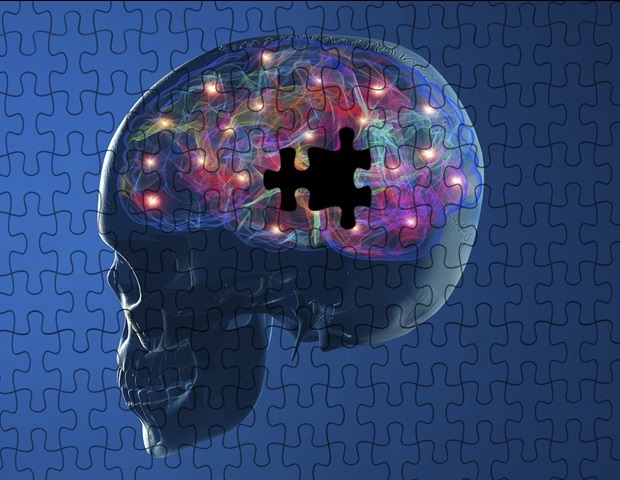Parkinson's disease is most known for its movement-related symptoms: tremors and rigidity, slowness and falls, caused by the loss of the brain's dopamine-producing neurons. However, about half of Parkinson's patients also experience neuropsychiatric problems, including cognitive and sleep issues, depression, anxiety, even psychosis, according to Binghamton University Psychology Professor Christopher R. Bishop.
Bishop is part of a collaborative research team that recently received a four-year grant from the Department of Defense to investigate the underlying cause of neuropsychiatric symptoms in Parkinson's disease (PD). The $3 million is split among researchers at Binghamton, the Barrow Neurological Institute in Arizona and the University of Illinois in Chicago. The team began working together more than three years ago on a National Institutes of Health-funded project focused on the brain's compensatory processes in PD and includes experts in neuroanatomy, neuroimaging, neurophysiology and neurochemistry.
It's a truly collaborative effort; none of us would be able to do this by ourselves." Christopher R. Bishop, Binghamton University Psychology Professor Veterans tend to develop Parkinson's at a higher rate than the general population, which is why the DOD funds research of this type, he said.
Changes in serotonin-producing neurons have often been linked to PD in clinical studies, and research has found that serotonin neurons are unexpectedly capable of producing dopamine whe.


















